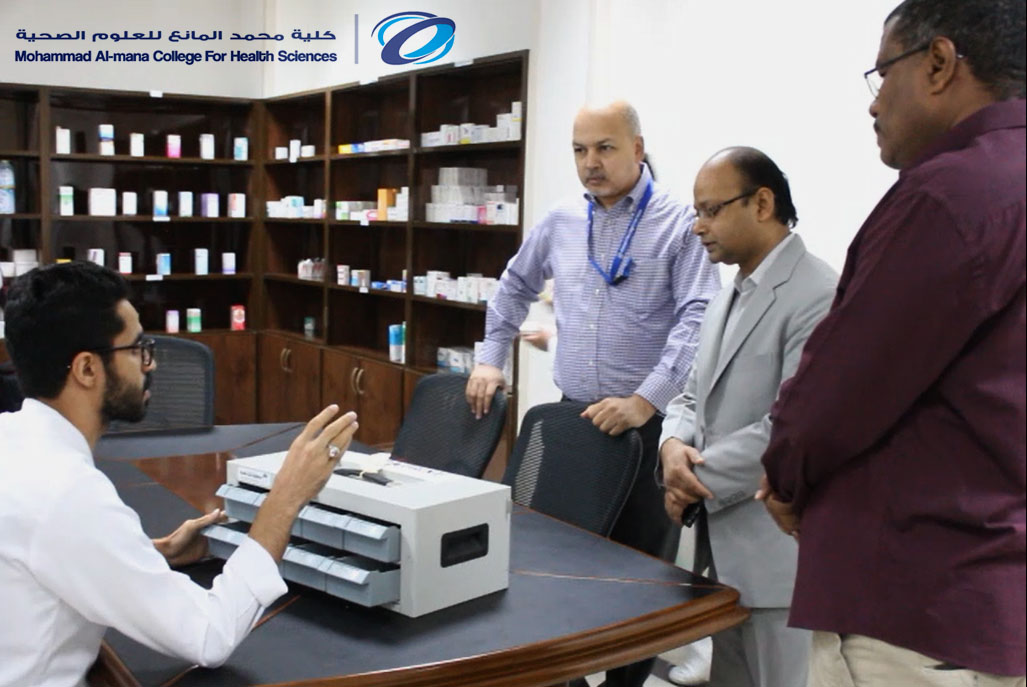Roles
- The social counselor specialist relies on scientific bases in both social and psychological fields in order to develop the students academic, communicative, problem-solving skills as well as others.
- The unit also seeks to develop personal characteristics of students, which helps them to overcome the obstacles, and confront them as well as acquire all the above mentioned skills.
Among the most prominent problems and skills that should be monitored:
- anxiety.
- negative thinking.
- negative(misdirected) emotions and behavior.
- learning difficulties.
- depression.
- family disputes.
- students conflicts.
- student relationship with the academic and administrative staff.
- pessimism.
- tension and anger.
Counselling Techniques
The counseling techniques:
- Active Listening.
- Body Language.
- Asking Questions.
- Paraphrasing.
- Summary.
- Note Taking.
- Homework.
- The Goodie Bag and Fun Stuff.
- Student Centered (Rogerian).
- Holistic Health (Bio-psycho-social Model).
- Strength Based.
- Cognitive Behavioral Therapy.
- Solution Focused.
- Student Centered Counselling.
- Ten Things.
Process
The process of psychosocial counseling includes weak students whose GPA has gone down below 2.00. The program is implemented through a specific mechanism as follows:
- Names of weak students are prepared by the Admission and Registration Department following the end of each semester, thus the psychosocial counseling unit can communicate immediately with students and sets appointments to meet and discuss the reasons behind their academic weakness, and notifies them with the received warnings.
- Individual file is prepared for each student, which includes a case study form, referral form, and behavioral observation form.
- A therapeutic program is set to deal with the problem within the long-term and short-term goals.
- Plans concerning self-motivation and reducing exam anxiety are submitted if needed.
- Follow up case with the student and observe the development.
- Holding workshops which tend to elevate the level of self-esteem, encourage effective studying, invest and manage time, overcome obstacles and problems surrounding the students environment to eliminate the social and psychological negative effects.
- At the end of the semester, making a study on the rate of students on probation in each department (Nursing, Pharmacy and Clinical Laboratory). Data collected from the SIS. Statistical analysis is done to find the department.
Twenty Reasons
Twenty reasons students should listen to their college counselors:
- Talking relieves stress.
- Home release.
- An ear to listen.
- They understand.
- Optimistic people.
- Trained professionals.
- Caring.
- Know when to listen.
- Closed files.
- The right counselling.
- Problem solvers.
- Character builders.
- Community involvement.
- In need of change.
- Encouraging.
- Professional.
- Equality.
- Block Breakers.
- Positive feedback.
- Empathetic.

